 The Five Emotions of Chemical Industry 4.0 Part 2: Pity and Hope
05. 09. 2018
#The Chemical Industry
The Five Emotions of Chemical Industry 4.0 Part 2: Pity and Hope
05. 09. 2018
#The Chemical Industry

Nothing changes your life more than the death of someone close to you. It is a life changing event that puts everything into clarity and perspective. As a result, the news of someone’s death creates a chain of emotions: The Five Stages of Grief.
The onset of Industry 4.0 will send shockwaves through the chemical industry. Industrial raw material processing and supply is about to be turned upside down, and it will leave many chemical industry producers and suppliers in shock.
Shock is stage one of the Five Emotions of Chemical Industry 4.0.
Here are the final two stages:
You can read about Shock, Denial and Awe in Part one of this article.
Pity: Can SME’s Meet this Challenge?
It certainly is a big ask for those chemical companies that do not have huge sums of money to invest in vague phrases such as ‘big data analytics’ and ‘cloud computing’. To be told by ‘those who know’ that they must invest heavily in technology that they barely understand, or their business will lose competitive advantage, is difficult news to take.
It is a situation that deserves the pity of those who are looking in on smaller chemical producers from the outside. As industrial robotics specialist and MiT graduate, Jim Lawton, notes when writing for Forbes magazine, “I feel for manufacturers. I really do. Transforming raw materials into a finished product is hard work. There have been many advances in technology that improve productivity and efficiency of manufacturing operations, but the innovation promised in the 4th Industrial Revolution effects much more than the production and planning processes. As data-driven insights ripple through to effect action on everything from product development and sales to sourcing and delivery, organizations need to embrace wholesale change in structure, strategy and execution.”
But with so much change to consider, it is difficult to know where to begin.
The industry journal Chemical Processing, offers wise advice in noting that, “the key is to know where to focus and to recognize if expectations for these technologies are ‘pie in the sky’ or realistic. To decide where to focus, a company needs a digital strategy.”
But even this advice is tinged with pity, as it continues to note that, at present, “The chemicals industry is torn between acting quickly to reap the benefits of Industry 4.0 on the one hand, and remaining prudent by making small moves, and thus risk missing opportunities on the other.”
Difficult times lie ahead, but fear not, because there is always hope.
Hope: Springs Eternal from the Human Breast
Or so said the poet Alexander Pope in the 18th century. And he was right. For Chemical Industry 4.0 is not the beast that is made out to be.
Just as previous industrial revolutions changed almost everything, the changes were made in small, logical increments. Each individual businessman made the step towards installing a waterwheel, or a production line, or a factory floor robot based on the evidence, costs, and ROI predictions placed before him.
Chemical Industry 4.0 will likely be quite similar.
Like it or not, every chemical company in the modern world is already on the path to experience Industry 4.0. In the 21st century no one making industrial chemicals is checking their raw material supplies from a list on a clipboard. The data is already electronic, just as consultants predicted it would be 30 years ago.
In this way, much of Chemical Industry 4.0 is already with us, as the online industry journal Chemical Processing, acknowledges, “A closer look reveals that the industry already has many Industry 4.0 technologies in place. Some cyber-physical systems enabling the intelligent plant are mainstream in the process industry. For example, most valves are operated by actuators under control of an algorithm in a digital process control system. The Internet of Things ‘vendor-managed inventory’ concept of the household refrigerator sending orders to a grocery store when items reach a low threshold, is commonly employed in the industry. Many chemical companies also already employ analytics based on first principles, empirical, and hybrid models. However, new data-driven analytics are emerging.”
While it is still easy to be overwhelmed by the changes needed, and the final goal may seem very distant. It is important to stay calm and focused.
As Dr Felix Hanisch, Technical Lead at Bayer AG, notes, “Chemical companies should not panic. The industry has been using smart technologies for a long time and has been able to gain value from these.”
The chemical industry has always been built on research and cutting-edge advances in technology. No doubt, that will continue long into the future, whatever that may look like. As Lawton notes, “In the cold, harsh light of the dawn of Industry 4.0, there are many reasons why the factories of the future are not much more than a very futuristic vision.”